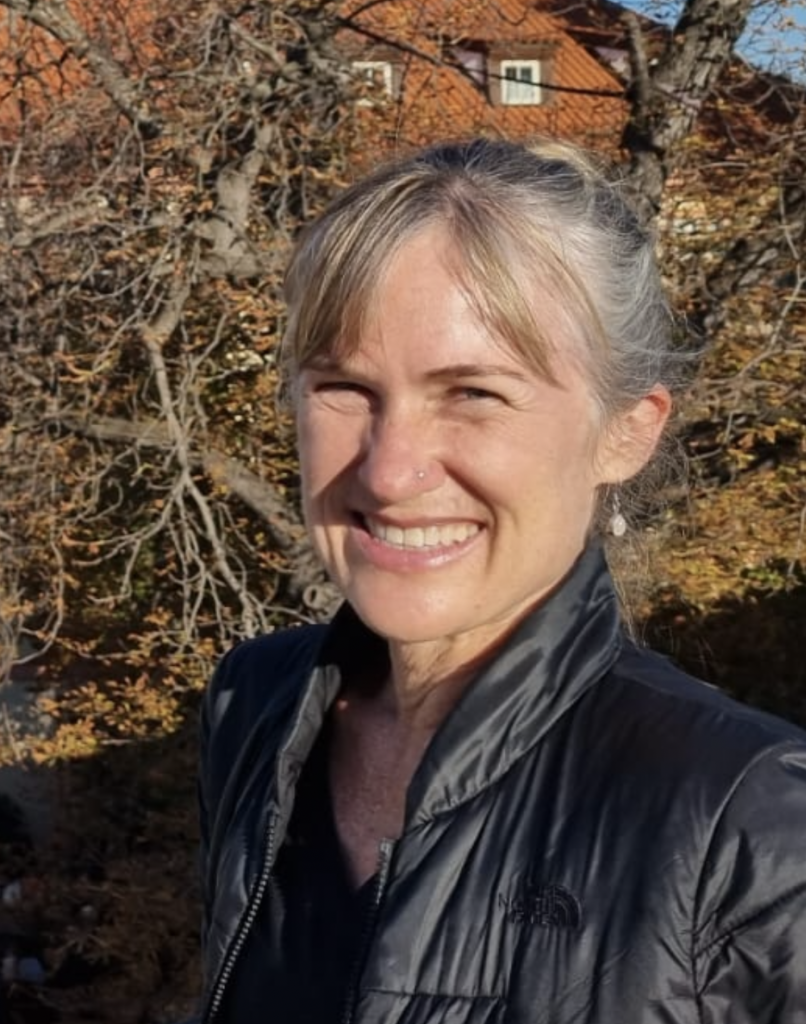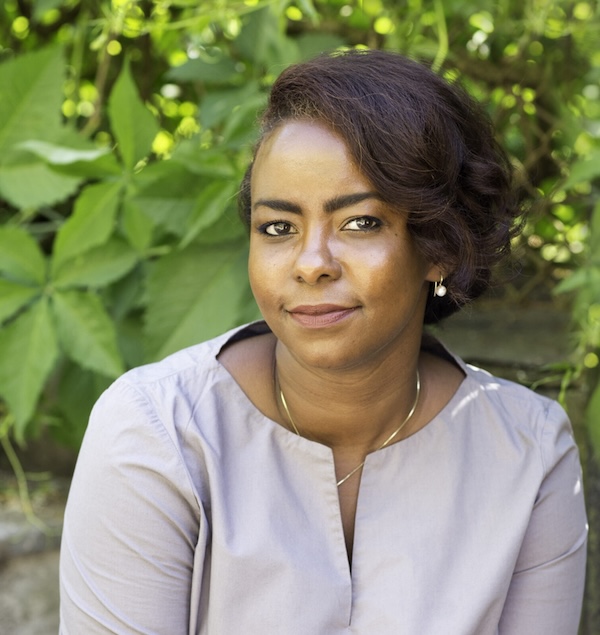Core collaborators
The MERL Tech Initiative works with a group of consultants and partner organizations who hold deep experience in holistic MERL and digital programming. In addition to MERL and Tech, our expertise spans digital strategy, digital transformation, data governance, data privacy policy and practice, design research, trust and safety, safeguarding, digital risk assessment, gender, youth, digital inclusion, and social and behavior change communication (SBCC). Contact us to chat about working together!

Cathy Richards – a technologist who helps activists, organizations, and other social change agents make the most of data and technology in order to increase their impact. She is The MERL Tech Initiative’s operations lead. She teaches Metrics & Data Visualization at SVA, is a co-founder at Pueblo CoLab – a collaborative that creates tech and data processes for the social sector, and has also worked at GitLab and Keystone Accountability.

Christopher Robert – who has been developing software for the MERL Tech Sector for over a decade, including the creation of SurveyCTO. Chris’ company Higher Bar AI is dedicated to responsibly elevating the quality of AI assistance for the benefit of the humans and organizations employing it, particularly in areas of general public interest (like research and learning). Chris brings strong technology and data privacy and security capacity.

Emma Day – and her firm Tech Legality, which works with governments, UN agencies, technology companies, and (I)NGOs to ensure that technologies are deployed and governed in a way that protects and respects human rights, centering the needs of children, and vulnerable and marginalized communities.

Isabelle Amazon-Brown – a digital development consultant and human centered designer focused on the design, development, evaluation, and growth of digital social impact products, with a particular focus on youth, gender, sexual and reproductive health rights (SRHR), and education. She has conducted research on the effectiveness of digital social and behavior change communication (SBCC) programming and advises organizations on their use of digital for reaching hard-to-reach communities. She developed the Safer Chatbots guidelines and AI model for UNICEF, as well as led an evaluation of WHO’s use of chatbots for COVID response, based on her experience developing multiple AI and non-AI chatbots for users in vulnerable settings.

Linda Raftree – a research and strategy consultant focused on the ethical use of technology and data in international development, human rights, and humanitarian contexts. She advises organizations on responsible data policy and procedures, digital safeguarding, inclusive digital approaches, and safe programming. She also conducts research and sector-wide convenings in these areas. Linda is the founder and lead of The MERL Tech Initiative. Linda also runs the New York City Technology Salon. She is a Certified Information Privacy Professional (CIPP & CIPM).

Sarah Osman – a behavioral scientist and cognitive psychologist with two decades of experience in international development and social and behavior change interventions. Sarah has worked in the areas of health, migration, peacebuilding, children’s rights, education, and business and human rights, to deliver bespoke and innovative solutions. She is a member of the Behavioural Science and Artificial Intelligence (AI) network. Sarah focuses on the strategic use of AI, and recently built the SBC Technique Selector GPT in November 2023 to help project designers easily identify evidence-based behavior change techniques.

Zach Tilton – an evaluation consultant with expertise in peacebuilding evaluation, youth-focused evaluation, participatory and collaborative evaluation, meta-evaluation, evaluation synthesis, technology- enabled evaluation, and evaluation capacity development. He is active with EvalYouth and wider Young and Emerging Evaluator (YEE) initiatives. Zach’s field and academic experience covers in North and West Africa, the Pacific and Europe with over two years of development experience in rural communities. He is currently finishing a PhD on evaluation and peacebuilding and has been using NLP as a core tool in his work.
On the non-profit side, The MERL Tech Initiative works through Technology Salon (a 501c3 in the US) to access grant funding.
As a collective, our monitoring, evaluation and research work in the area of technology- enabled programming feeds closely into our design and feasibility work and vice-versa, allowing us to bring learning into all aspects of our work. Our various networks and communities of practice allow us to convene for the purpose of learning and exploring as well as with the goal of influencing others and pushing for uptake of good practices that improve overall impact.
Our deep expertise at the intersection of MERL, digital data, emerging technology, and the global social sector combine with a focus on human rights, representation, ethics, equity, responsibility. Our ability to identify emerging trends as well as our shared tendency to debunk the hype allows us to offer reality-based advisory services, responsible implementation support, and relationships of trust.